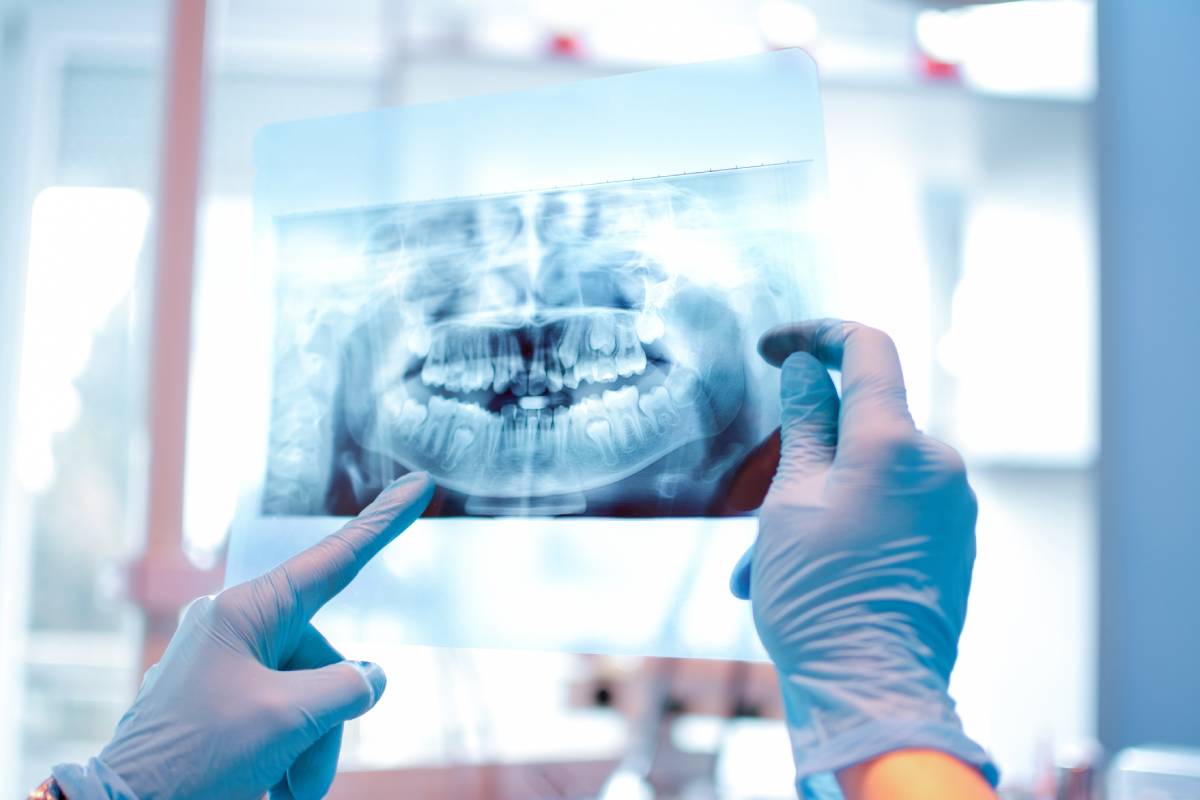Dental X-Rays: Why They’re Important for Your Dental Health
Dental X-rays, also known as radiographs, are an essential tool in modern dentistry. While many people may be wary of radiation exposure, the benefits of dental X-rays far outweigh the risks when used judiciously. These imaging techniques provide valuable information that helps dentists diagnose and treat various oral health issues effectively. Understanding why dental X-rays are crucial can empower individuals to make informed decisions about their dental care.
One of the primary reasons why dental X-rays are essential is their ability to detect problems that are not visible during a regular dental exam. Dentists use X-rays to examine the interior of teeth, the roots, and the bone structure surrounding them. This allows them to identify issues such as tooth decay, cavities, infections, and bone loss early on. Detecting these problems in their initial stages enables dentists to provide timely interventions, preventing more significant dental issues down the line.
Moreover, dental X-rays play a crucial role in treatment planning. For procedures like root canals, dental implants, and orthodontic treatments, X-rays provide essential information about the positioning of teeth, the health of the jawbone, and the presence of any abnormalities. This detailed insight allows dentists to develop precise treatment plans tailored to each patient’s unique dental needs, enhancing the outcomes of dental procedures.
Another significant benefit of dental X-rays is their role in monitoring oral health over time. By comparing X-rays taken at different intervals, dentists can track changes in the teeth and supporting structures. This longitudinal view helps identify any developments that may require attention, such as the progression of decay, the effectiveness of previous treatments, or the impact of orthodontic interventions. Regular X-rays are particularly valuable for individuals with a history of dental issues or those undergoing extensive dental work.
Furthermore, dental X-rays contribute to overall oral health by aiding in the early detection of oral cancers and other serious conditions. While these conditions may not be directly related to dental structures, they can manifest in the oral cavity, making dental X-rays an essential diagnostic tool. Detecting oral cancers early significantly improves treatment outcomes and overall prognosis, highlighting the preventive role of dental X-rays in maintaining oral and overall health.
Despite the benefits, concerns about radiation exposure often arise regarding dental X-rays. However, it’s crucial to note that modern X-ray equipment and techniques minimize radiation exposure to negligible levels. Dentists follow strict guidelines and protocols to ensure patient safety, using lead aprons and thyroid collars to shield sensitive areas during X-ray procedures. The amount of radiation received during a dental X-ray is minimal compared to other sources of environmental radiation, making the risk insignificant when weighed against the benefits of early diagnosis and effective treatment.
In conclusion, dental X-rays are a fundamental tool in dentistry that plays a pivotal role in diagnosing, treating, and monitoring oral health conditions. Their ability to reveal hidden issues, aid in treatment planning, monitor changes over time, and detect serious conditions early makes them indispensable in modern dental practice. Dr. Amiri, a seasoned dentist, emphasizes the importance of regular dental X-rays as part of a comprehensive oral health care regimen, highlighting their significance in maintaining healthy teeth and gums for a lifetime.
